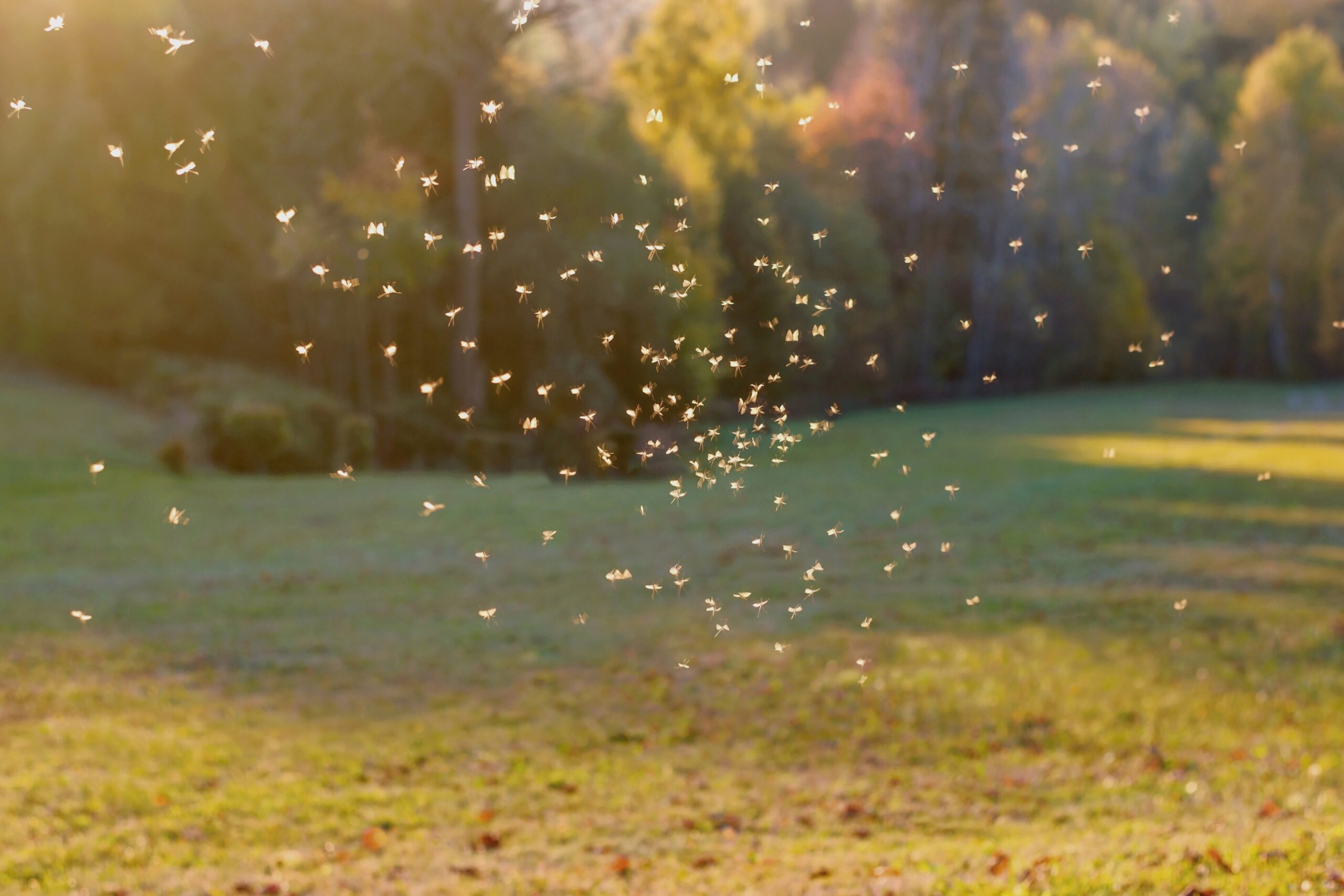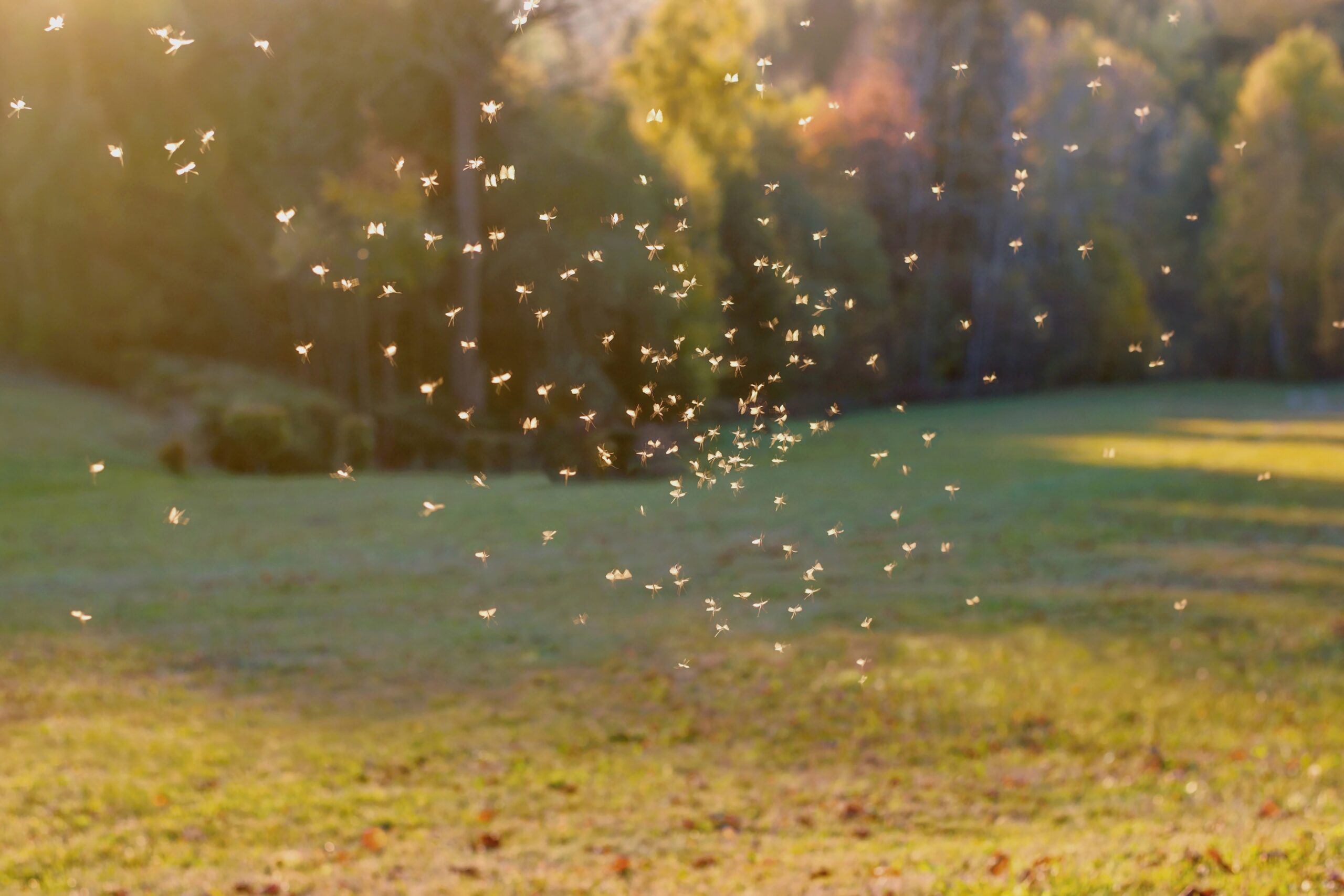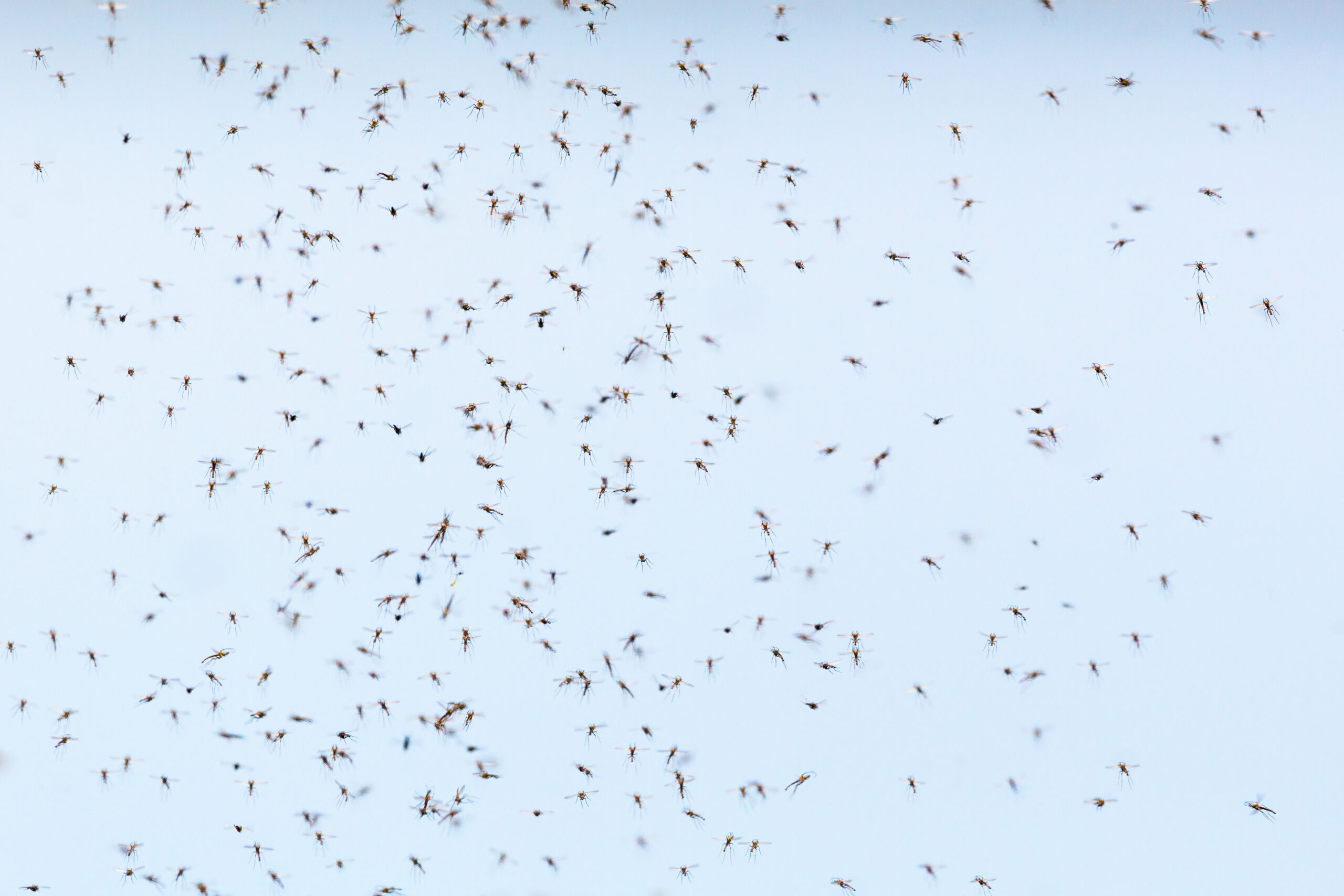Some viruses make you smell tastier to mosquitoes
Zika and dengue fever viruses alter the scent of mice and humans they infect, researchers report in the 30 June issue of Cell. The altered scent attracts mosquitoes, which bite the host, drink their infected blood and then carry the virus to its next victim. Dengue is spread by mosquitoes in tropical areas around the …





